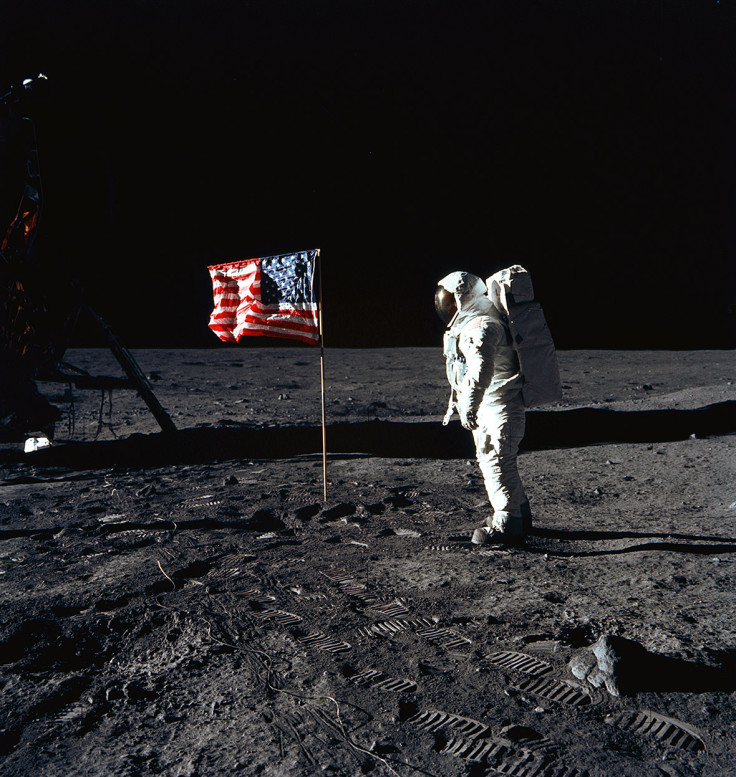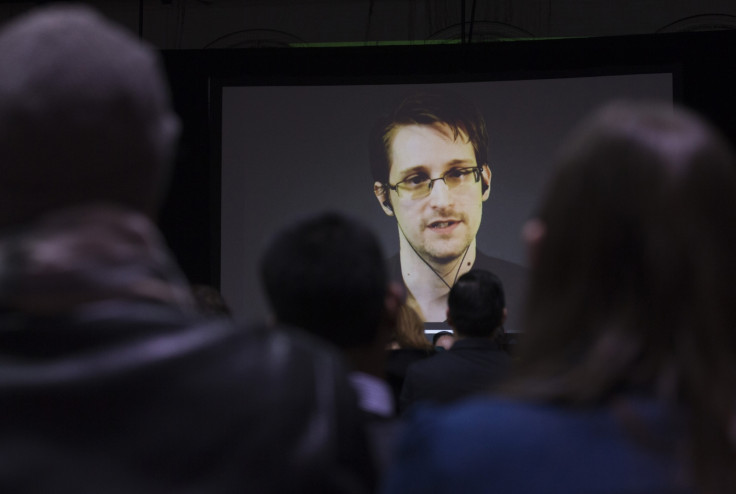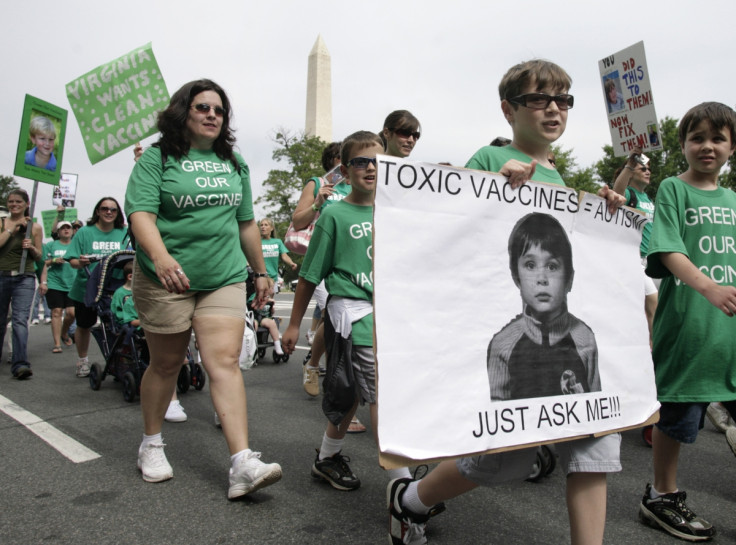Conspiracy theories: Moon landing would have been exposed in 3.5 years had it been faked

If the Moon landing had been a conspiracy, it would have taken three years and eight months before it was exposed, an Oxford University researcher has found. David Robert Grimes has developed an equation to find out how long it would take to expose conspiracy theories as true depending on how many people are in on the secret.
Grimes is a physicist who works in cancer research. However, he is also a writer and broadcaster and found he was often contacted by people who believe in conspiracies relating to science. "A number of conspiracy theories revolve around science," he said.
"While believing the Moon landings were faked may not be harmful, believing misinformation about vaccines can be fatal. However, not every belief in a conspiracy is necessarily wrong – for example, the Snowden revelations confirmed some theories about the activities of the US National Security Agency."

Publishing his report in PLOS One, Grimes created an equation to look at the chances of a conspiracy being exposed by a whistle blower or through someone involved letting the secret slip. This took into account the number of conspirators, the length of time and the effects of the conspirators dying.
However, it also required a realistic estimate of the chances of any one individual revealing the conspiracy. To get this, he used three real conspiracies that had been exposed – including the Snowden NSA Prism project. He looked at the number of people involved and the length of time before exposure to work out a 'best case scenario' for how long a conspiracy would be kept secret.
Grimes then used this information and applied it to four enduring conspiracy theories – the Moon landing, climate change, vaccines being unsafe and that the cure for cancer has been found.
Moon landing: 411,000 people would have needed to be involved, so would have been exposed in three years and eight months
Climate change: 405,000 people involved means someone would have let slip the truth after three years and nine month.
Vaccine conspiracy: 22,000 people (only including the WHO and US CDC) would have led to exposure in three years and two months.
Cancer cure: 714,000 people. The truth would have emerged in three years and three months.
To have a successful conspiracy and keep it going for at least five years, the maximum number of people who could know about it was 2,521. For 10 years, this dropped to below 1,000 people. If you wanted to maintain a conspiracy for 100 years, there would have to be less than 125 conspirators involved.
"The theory presented here might be useful in counteracting the potentially deleterious consequences of bogus and anti-science narratives, and examining the hypothetical conditions under which sustainable conspiracy might be possible," he wrote.

In conclusion, however, Grimes acknowledges there are limitations of the findings in terms of their effect on conspiracy theorists. If someone is sufficiently convinced of a given narrative, then trying to convince them otherwise is a fruitless task and can only serve to entrench them further into their beliefs. "The grim reality is that there appears to be a cohort so ideologically invested in a belief that for whom no reasoning will shift, their convictions impervious to the intrusions of reality," the study said. "In these cases, it is highly unlikely that a simple mathematical demonstration of their belief will change their view-point."
Grimes added: "Not everyone who believes in a conspiracy is unreasonable or unthinking. I hope that by showing how eye-wateringly unlikely some alleged conspiracies are, some people will reconsider their anti-science beliefs. This will of course not convince everyone; there's ample evidence that belief in conspiracy is often ideological rather than rational, and that conspiracy theories thrive in an echo chamber.
"This makes challenging the more odious narratives much more difficult. If we are to address the multitudinous difficulties facing us as a species, from climate change to geo-politics, then we need to embrace reality over ideologically motivated fictions. To this end, we need to better understand how and why some ideas are entrenched and persistent among certain groups despite the evidence, and how we might counteract this."
© Copyright IBTimes 2025. All rights reserved.






















